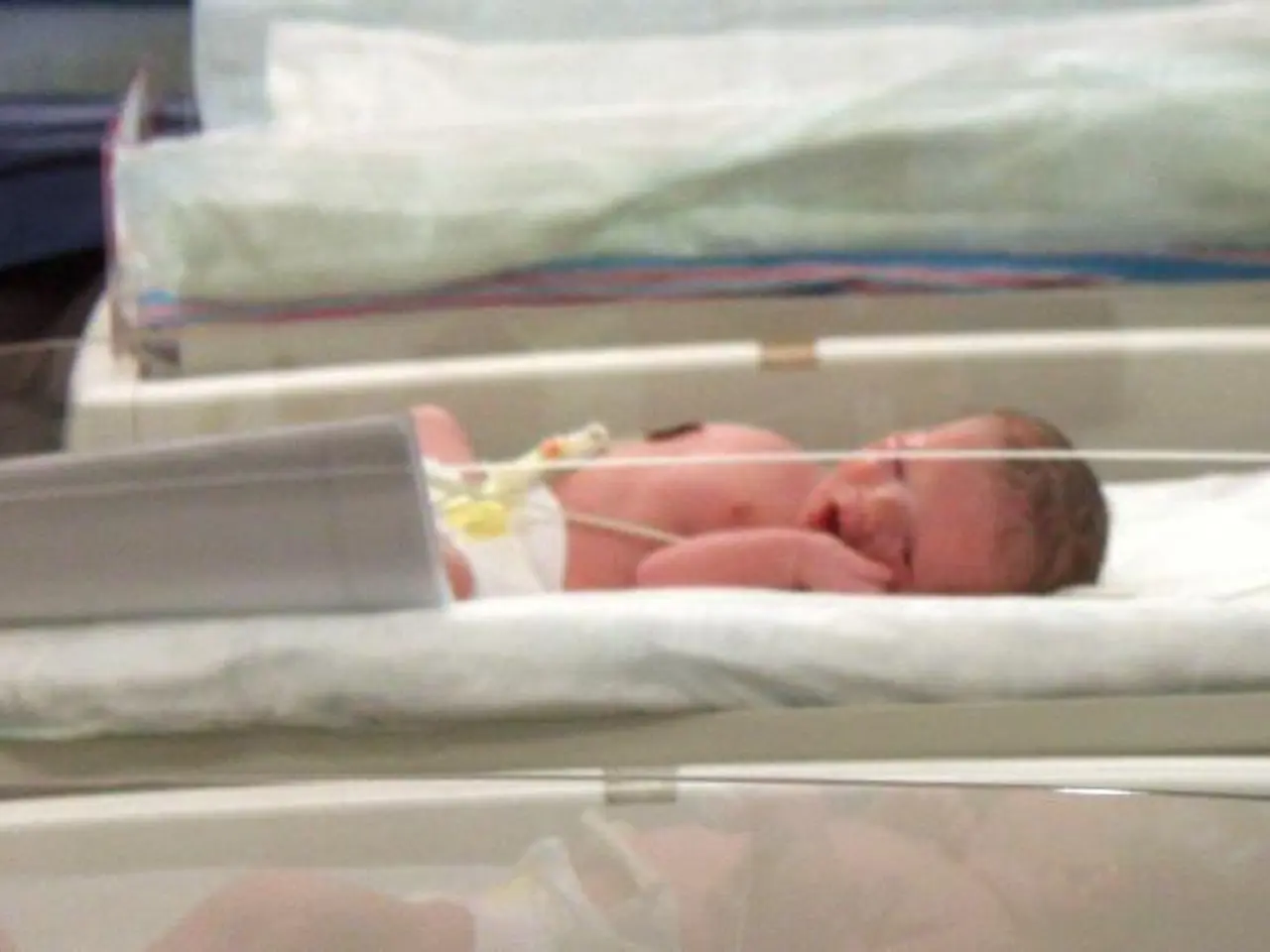Early Embryo Development Mysteries Unveiled through Synthetic Uterus Research
The University of Nottingham has made a groundbreaking discovery in the field of developmental biology, thanks to a soft polymer bowl developed by Professor Kevin Shakesheff and his team. This innovative device, designed to mimic the soft tissue environment of the mammalian uterus, is set to revolutionize our understanding of early mammalian embryo development and its applications in regenerative medicine.
Simulating the Natural Environment
The soft polymer bowl provides a gentle, curved, and compliant surface that closely resembles the natural extracellular matrix and the physical constraints embryos experience in the uterus. By better replicating these physical cues, the bowl allows embryonic cells to organize, grow, and differentiate in ways that more closely reflect in vivo development. This enhanced observation enables researchers to gain new insights into how early cell fate decisions are regulated.
Opening New Avenues for Regenerative Medicine
Understanding the precise conditions that govern embryo development can help scientists learn how to direct stem cell differentiation more effectively. The soft polymer bowl may guide the creation of three-dimensional tissues or organoids by providing optimal cues for cell growth and organization. Improved embryo models can be used to study developmental disorders and screen potential therapies in more physiologically relevant contexts. Insights gained can inform regenerative strategies tailored to individual patients by recapitulating key developmental processes.
Unveiling the Early Stages of Life
The research at the University of Nottingham is part of a broader initiative focused on understanding embryonic development for regenerative medicine. By observing the initial stages of head formation, where pioneer cells migrate considerable distances within the embryo, scientists can develop innovative strategies to repair and regenerate damaged tissues and organs in adults. This research opens new avenues for research into developmental biology, paving the way for advancements in personalized medicine and tissue engineering.
A Step Forward in Medical Science
The soft polymer bowl represents a significant advancement in studying early mammalian embryo development. By enabling a more realistic and manipulable environment for early embryonic cells, it enhances fundamental understanding of mammalian development and opens new avenues for regenerative medicine applications. The work is led by Professor Kevin Shakesheff and funded by the European Research Council. Studies involving pig embryos are gaining traction due to their anatomical similarities to human embryos, offering valuable insights into human developmental processes and potential organ transplant solutions. This culture method enables scientists to grow embryos outside the maternal body for an extended period, specifically between the fourth and eighth days of development. The research not only enhances our comprehension of life's beginnings but also holds the promise of harnessing these natural processes to improve human health and well-being. The research has profound implications for medical science.
- The soft polymer bowl, developed by Professor Kevin Shakesheff and his team at the University of Nottingham, is a groundbreaking device in biotech that closely mimics the natural extracellular matrix of the uterus, offering a step forward in scientific technology and medicine.
- By providing a more realistic environment for early embryonic cells, the soft polymer bowl, funded by the European Research Council, is set to revolutionize the field of regenerative medicine and medicine at large, offering new insights into genetics and evolution.
- The enhanced understanding of early mammalian embryo development gained through the use of the soft polymer bowl promises to unveil essential cell fate decisions in genetics, leading to personalized medicine strategies and advancements in technology for tissue engineering.




